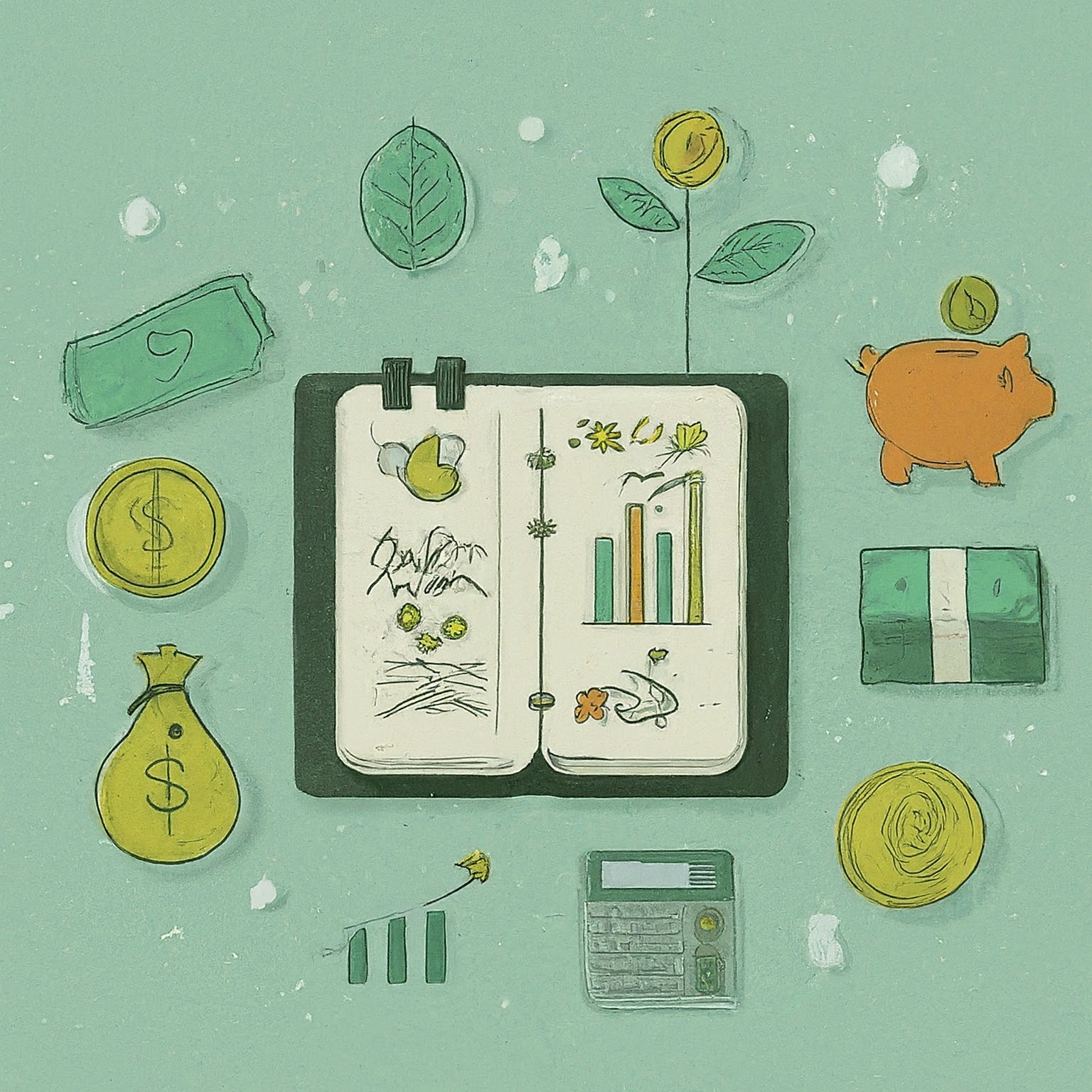
A financial diary is an essential component of your financial well-being. For poor people, money slips through their fingers like water. They themselves don't understand where their money goes and in what quantities. They also don't keep any track of their savings. For wealthy people, it's the opposite. They always know how much they spend and on what. And they know exactly the size of their capital, where and in what form their assets are located.
It's no coincidence that most wealthy and influential people throughout history have kept financial diaries. It's impossible to effectively keep all personal financial information in your head all the time.
A financial diary includes:
- Income tracking. Primary and additional sources. And the total income amount is determined.
- The amount of monthly investments is determined.
- Expense tracking. Utilities, food and household expenses, medications, transportation, entertainment, insurance, pocket expenses, loan payments, etc. And the total amount of expenses is determined.
- Asset tracking. The amount of money in the safe, bank metal bars and antiques, the value of apartments that are rented out, shares in investment funds, stocks, bonds, bank deposits, and other liquid assets.
- A general summary of the month. What amount of capital you have at the moment and how it has changed over the past month.
A financial diary is filled out once a month and kept throughout life. It's the foundation of your economic activity. This is where you should start and what you can't do without.

.jpg)

